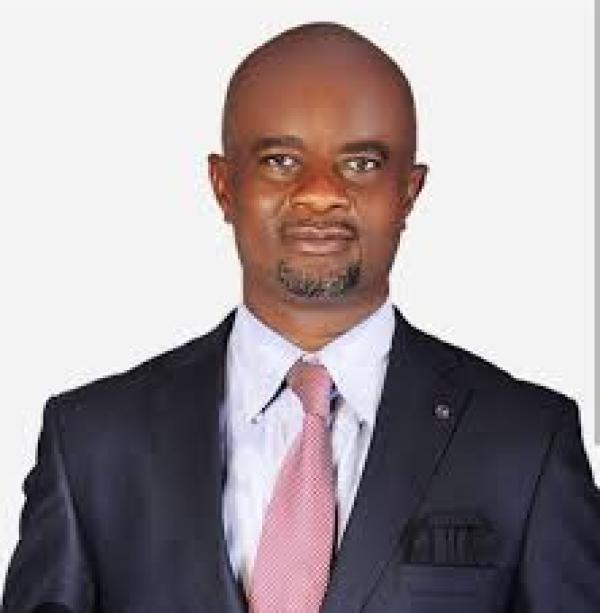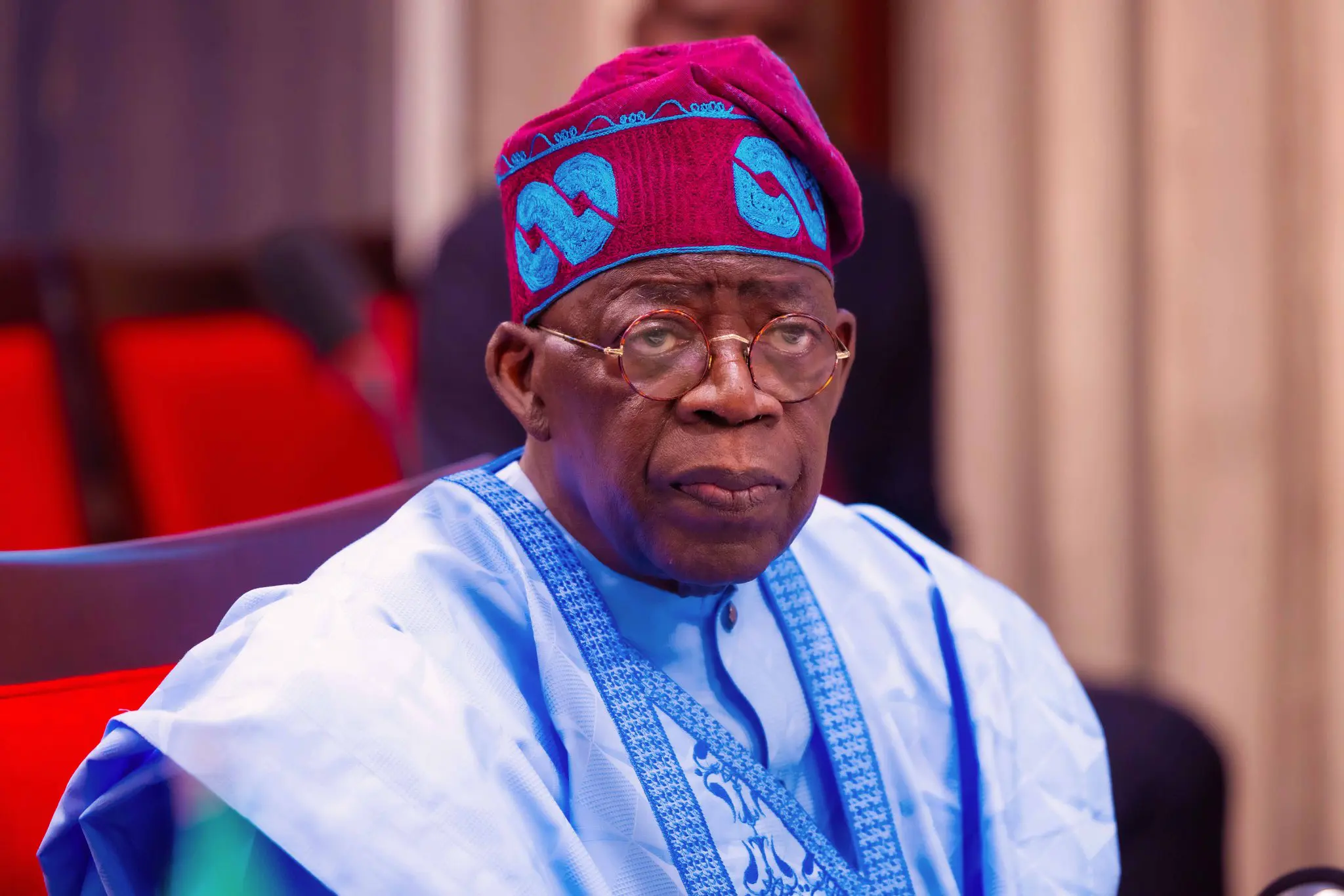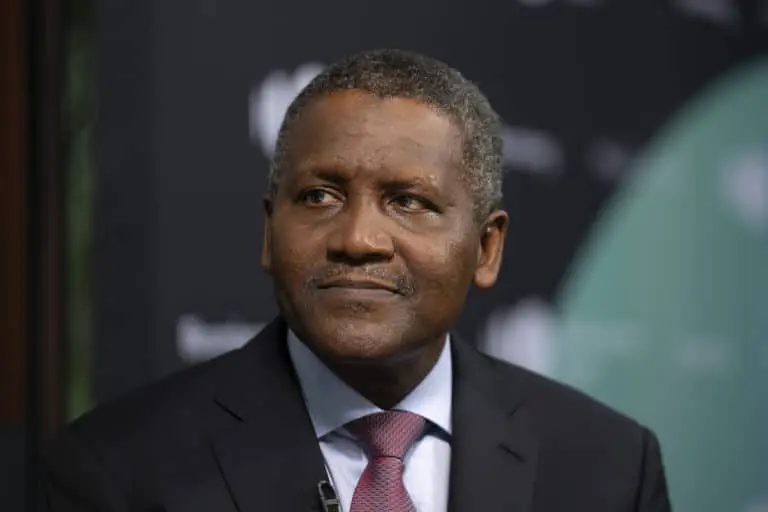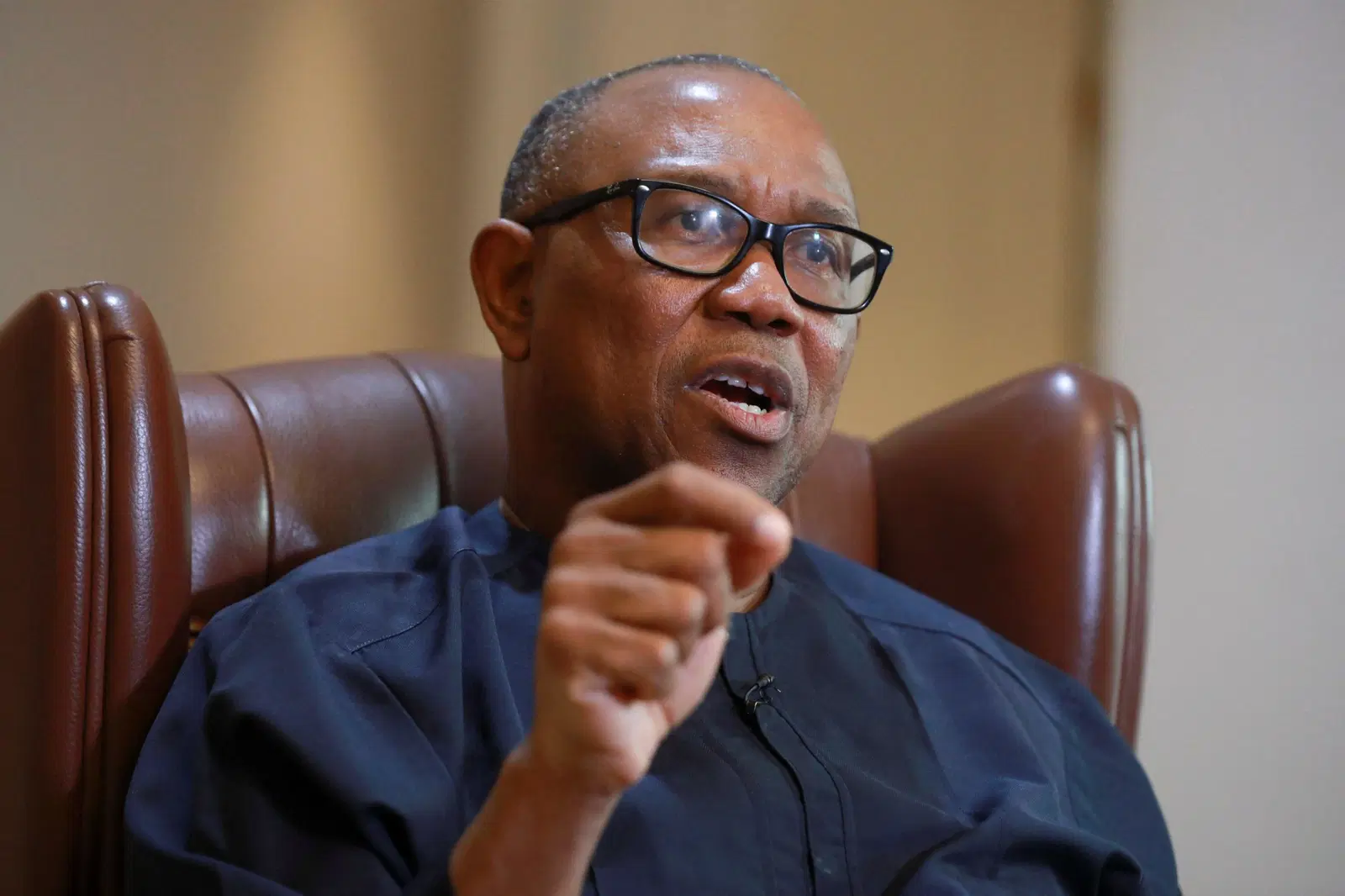
The Association of Community Pharmacists of Nigeria (ACPN) has issued a damning public memorandum to President Bola Ahmed Tinubu, calling for an immediate end to what it describes as the “institutionalised marginalisation” of non-physician health professionals across Nigeria’s education and health sectors.
In a strongly-worded letter signed by its National Chairman, Pharm. Ambrose Igwekamma Ezeh, the ACPN accused the Federal Government of repeatedly yielding to what it called the "blackmail tactics" of physician-dominated associations such as the Nigerian Medical Association (NMA), Medical and Dental Consultants Association of Nigeria (MDCAN), and the National Association of Resident Doctors (NARD).
The pharmacists’ association cited recent events at the University of Calabar (UNICAL), where physician-lecturers reportedly downed tools in protest against the appointment process for the institution’s next Vice-Chancellor. The ACPN alleges that similar pressure tactics were successfully deployed earlier at Nnamdi Azikiwe University (UNIZIK), leading to the nullification of a VC appointment by the Federal Ministry of Education under the leadership of Dr. Tunji Alausa—a physician.
According to the ACPN, these moves violate extant regulations of the National Universities Commission (NUC), which require Vice-Chancellors to hold a Ph.D., a qualification many medical doctors allegedly lack in favour of professional fellowships.
“Most public sector appointments have strict conditions precedent, which make the appointment lawful. The ineptitude of the FG to succumb to this shameful blackmail leaves a sour taste in the mouth,” the ACPN stated.
The ACPN alleges a pattern of systemic favouritism towards physicians in top-level appointments, including hospital administration and university leadership roles. It condemned what it called “a thriving culture of blackmail” that enforces physician monopoly in positions such as Chief Medical Directors (CMDs) of Federal Health Institutions (FHIs), Provosts of Colleges of Medicine, and even Vice-Chancellors of health-focused universities.
The association also raised alarm over disparities in remuneration, citing that physician-lecturers who double as hospital consultants earn nearly twice as much as their non-physician counterparts, while allegedly denying them equal consultant status.
“This is McCarthyism at work… a monopolistic stranglehold that subdues every other discipline,” the letter said.
The pharmacists cited widespread mismanagement across Nigeria’s 73 federal health institutions, revealing that many experienced total power outages in the first quarter of 2025 due to unpaid bills to power distribution companies.
The ACPN further accused hospital CEOs, mostly physicians, of incompetence and abuse of power, referencing a recent incident at the Specialist Hospital, Irrua, where a senior pharmacist was reportedly punished for opposing improper drug procurement practices.
“The CEO punished a Grade Level 17 officer and replaced him with the fourth in line simply for daring to uphold professional standards,” the statement read.
The ACPN decried the federal government’s continued failure in implementing inclusive, effective health policies. It described the National Primary Healthcare Development Agency (NPHCDA) as “visionless,” especially in its alleged exclusion of pharmacists from vaccine distribution despite the success of community pharmacy-led COVID-19 vaccinations.
The group also criticised the Ministry of Health’s recent endorsement of the MEDIPOOL initiative for drug procurement, claiming it excluded key pharmaceutical stakeholders. The ACPN renewed calls for the establishment of a Federal Drug Management Agency to ensure transparent and effective supply chain management.
Concluding the memorandum, the ACPN demanded a presidential directive to end what it called the “outrageously incomprehensible dominance” of physicians in roles unrelated to clinical practice. The association warned that continued suppression of non-physician professionals could discourage Nigerian youths from joining the healthcare workforce.
“National growth and development will become stunted if the FG does not wield the big stick. The time to act is now, in the public interest.”
The ACPN’s open challenge adds to growing tensions within Nigeria’s health and education sectors, which have faced repeated strikes, policy reversals, and professional turf wars in recent years. There has been no official response yet from the Federal Government, the Ministry of Education, or the Ministry of Health at the time of filing this report.






















